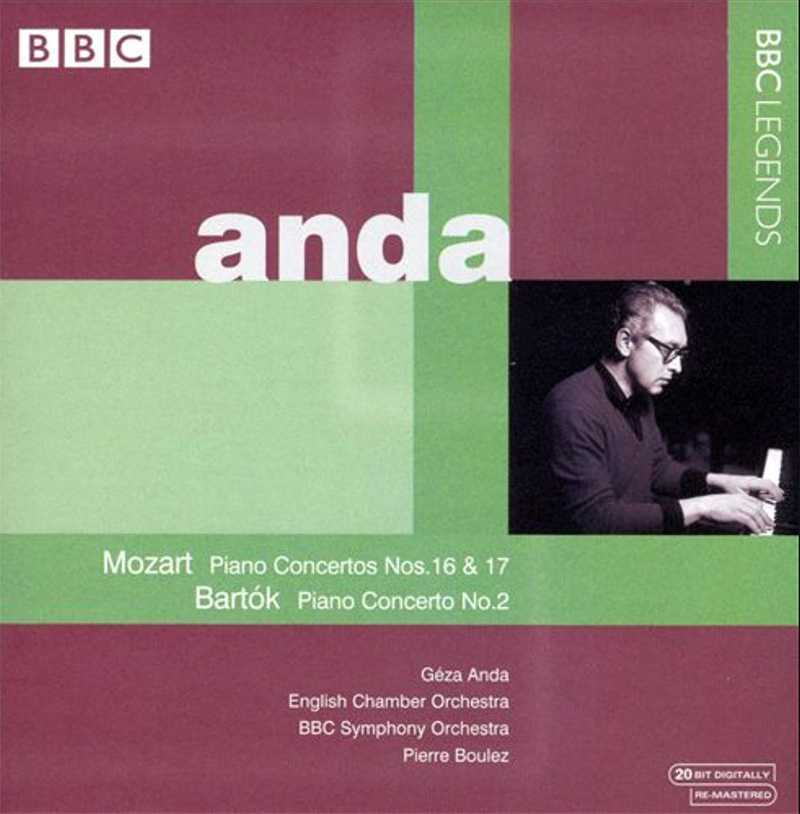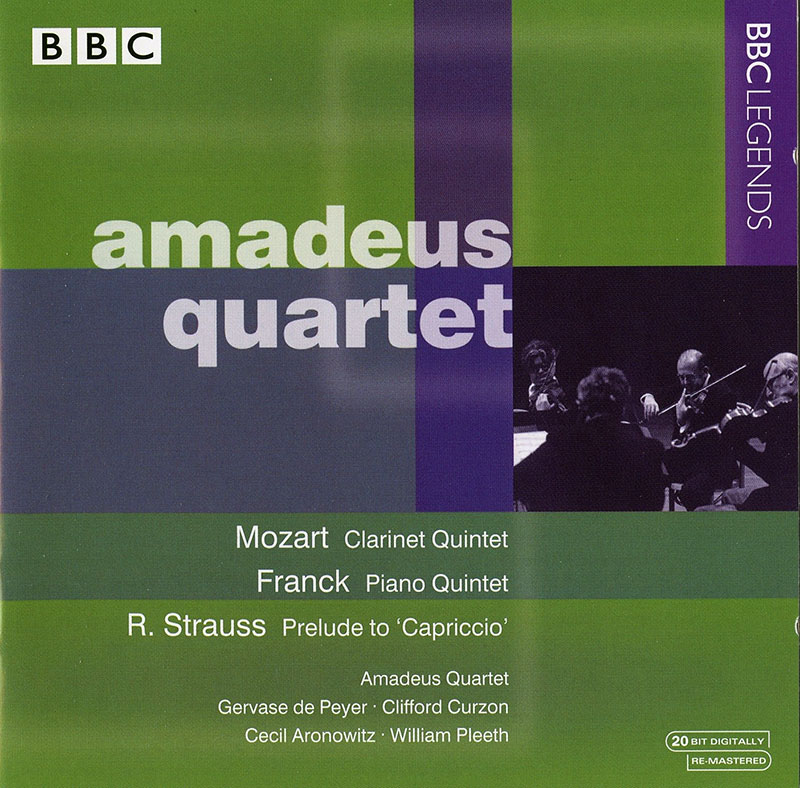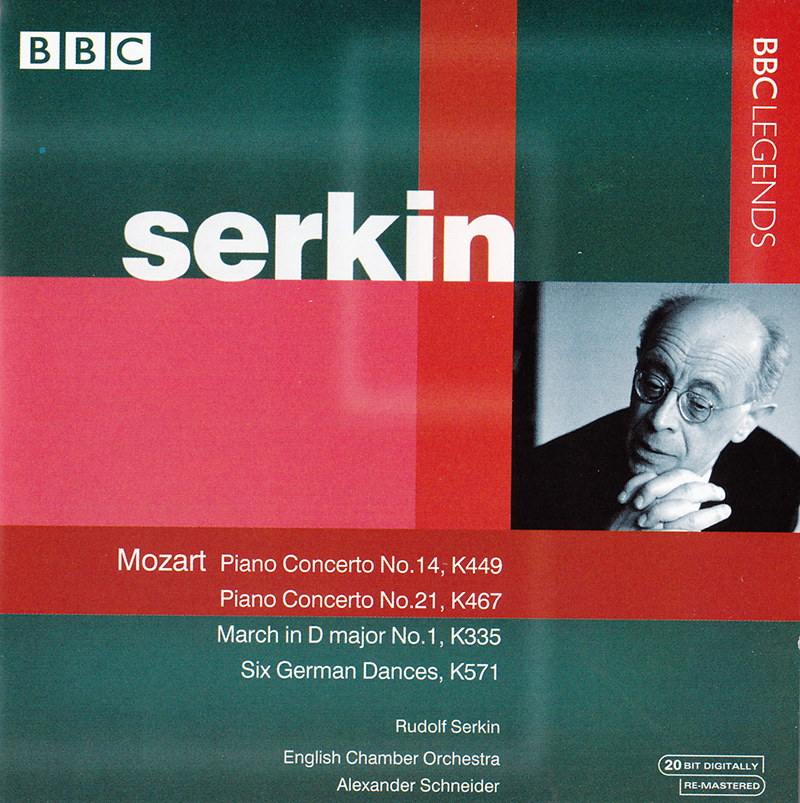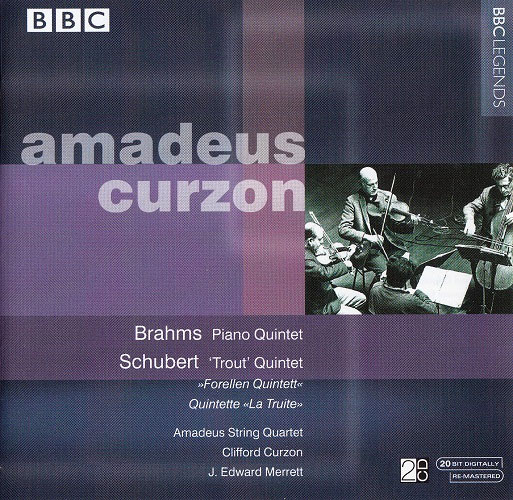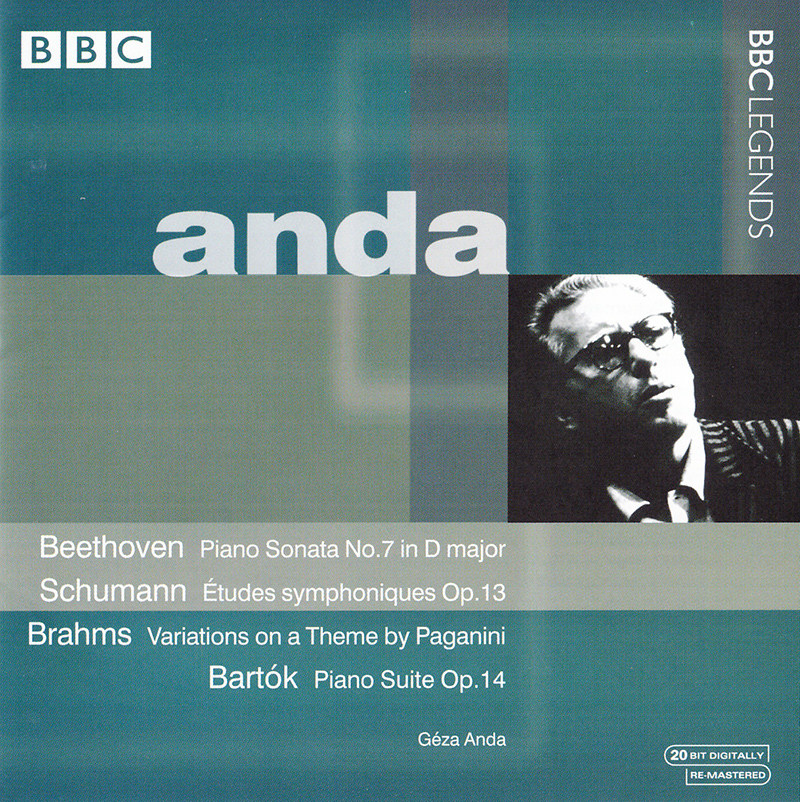Logowanie
OSTATNI taki wybór na świecie
Nancy Wilson, Peggy Lee, Bobby Darin, Julie London, Dinah Washington, Ella Fitzgerald, Lou Rawls
Diamond Voices of the Fifties - vol. 2
Tylko 1000 egzemplarzy!!!
DVORAK, BEETHOVEN, Boris Koutzen, Royal Classic Symphonica
Symfonie nr. 9 / Wellingtons Sieg Op.91
nowa seria: Nature and Music - nagranie w pełni analogowe
Petra Rosa, Eddie C.
Celebrating the art and spirit of music - vol. 3 - Pure
warm sophisticated voice...
Peggy Lee, Doris Day, Julie London, Dinah Shore, Dakota Station
Diamond Voices of the fifthies
Tylko 1000 egzemplarzy!!!
SAMPLER - STS DIGITAL, Buddy Tate, Milt Buckner, Walace Bishop
Jazz Masters - Legendary Jazz Recordings - v. 1
proszę pokazać mi drugą taką płytę na świecie!
Chesky! Niezmiennie perfekcyjny
Winylowy niezbędnik
ClearAudio
Double Matrix Professional - Sonic
najbardziej inteligentna i skuteczna pralka do płyt winylowych wszelkiego typu - całkowicie automatyczna
MOZART, BARTOK, Geza Anda, English Chamber Orchestra, BBC Symphony Orchestra, Pierre Boulez
Piano Concerto No.16 in D, K451 / Piano Concerto No.17 in G, K453 / Piano Concerto No.2
- Geza Anda - piano
- English Chamber Orchestra - orchestra
- BBC Symphony Orchestra - orchestra
- Pierre Boulez - conductor
- MOZART
- BARTOK
There seems to be something of a reappraisal of Géza Anda (1921-76) going on. There’s another fine BBC Legends disc featuring him (BBCL 4135-2, a solo recital from the Edinburgh Festival) and there is also Audite’s series of broadcasts, from West German Radio. Most of us in my age-bracket and older (forties and upwards) were weaned on his Deutsche Grammophon Mozart concerto cycle, of which his No.21, recorded in 1961, achieved best-seller status. His recordings of Bartók’s concertos, with Ferenc Fricsay conducting, are accepted as benchmarks. It is a great delight to note the inclusion of the D major concerto (K451) on the present release. This performance was taken down in the BBC Studios; although in many ways it breathes the spontaneity of live performance. Anda’s touch is miraculously delicate at times. It is interesting that this should be deemed noteworthy in the first movement of a concerto that most frequently celebrates D major’s open, martial qualities. The intimate Andante which follows is a limpid lyric outpouring, almost like a stream of consciousness, qualities that impinge on the finale’s generally ebullient spirits. Anda seems perennially concerned with revealing the multifaceted side of Mozart. Ensemble between soloist and orchestra is remarkably assured. The G major concerto is much better known. Anda presents an exposition that is acoustically less focussed than in K451 (we have now moved from the studio to the Royal Festival Hall). The solo piano is far better in these terms, with Anda’s finger precision exquisitely preserved. His superb tonal range and imagination, too, is well served (listen to the imitation left-hand horn figures towards the end of the cadenza). Although the tempo for the second movement would today be generally construed as too slow for an Andante, Anda makes a persuasive case for his speed, which flows beautifully within an overall sense of blissful repose. The finale is astonishingly well dressed: the passing of lines from one woodwind instrument to another is achieved with near-telepathic precision. The joy here is that piano and orchestra seem to be operating as a sole unit; one can only revel in the high spirits and playfulness of the final bars. The Bartók has in Pierre Boulez the benefit of musical X-ray vision. The orchestral contribution is, as one might expect, delineated with a surgeon’s dexterity. Anda brings a more human excitement to his contribution, revelling in the dance rhythms. The rapport between Anda and Boulez is perhaps at its most pronounced in the whirlwind fast section of the second movement, but the give-and-take in the Night Music sections is actually no less awe-inspiring. The finale belies any accusation that Boulez is always over-analytical, for there is a primal rhythmic urge throughout that heightens the tension. Make this performance of the Bartók Second an important appendix to the Anda/Fricsay version of the complete concertos. A valuable release all round.





























